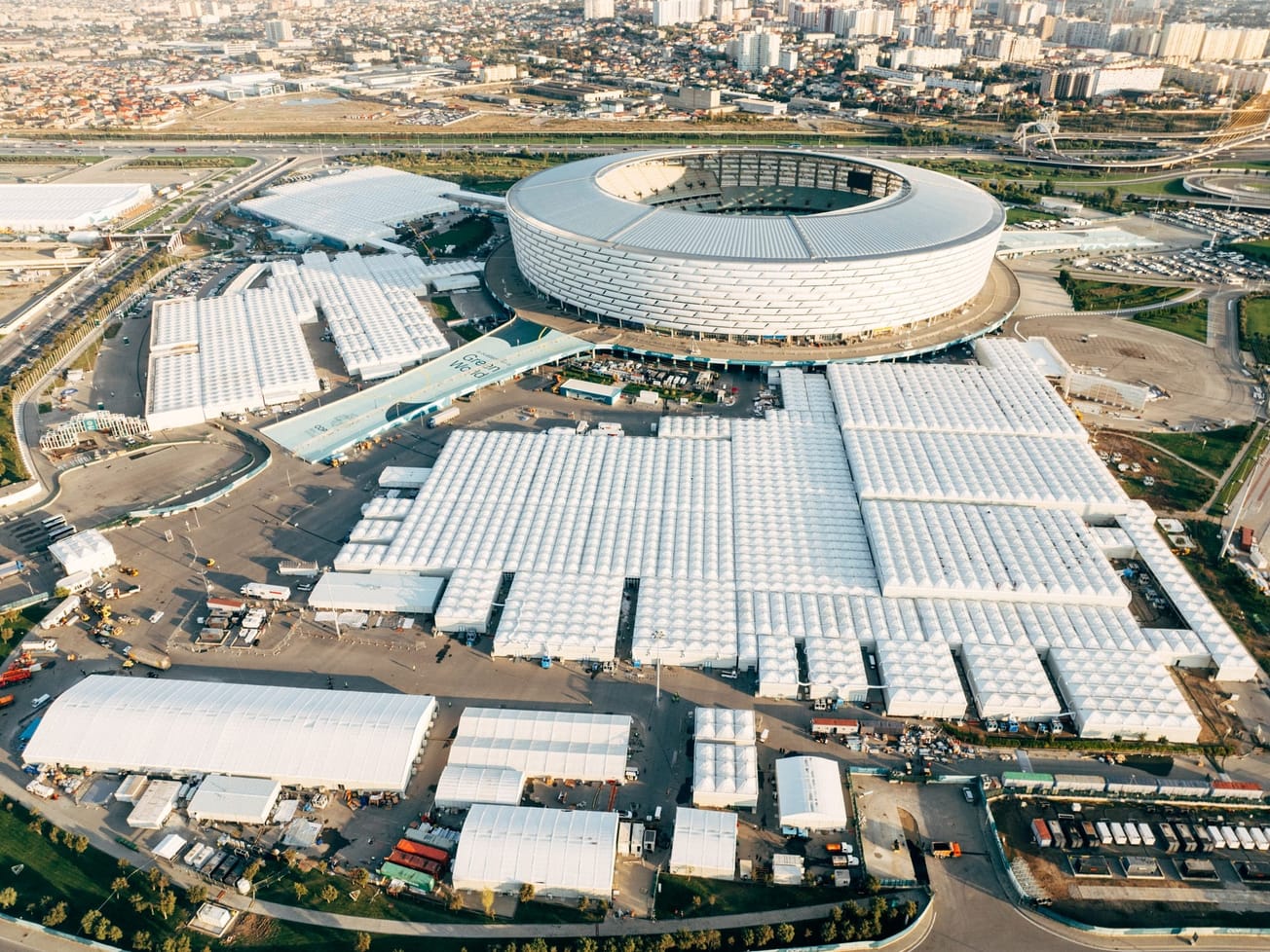U.N. Secretary-General António Guterres appealed to leaders to “tear down the walls to climate finance” by providing trillions of dollars for developing countries.
"The world must pay up, or humanity will pay the price," he told the climate summit on Tuesday. "Climate finance is not charity, it’s an investment. Climate action is not optional, it’s an imperative."









